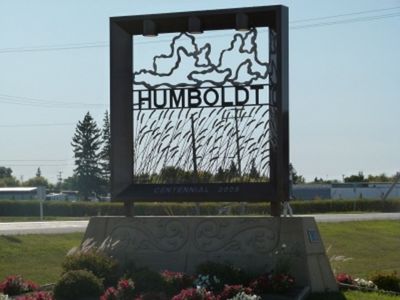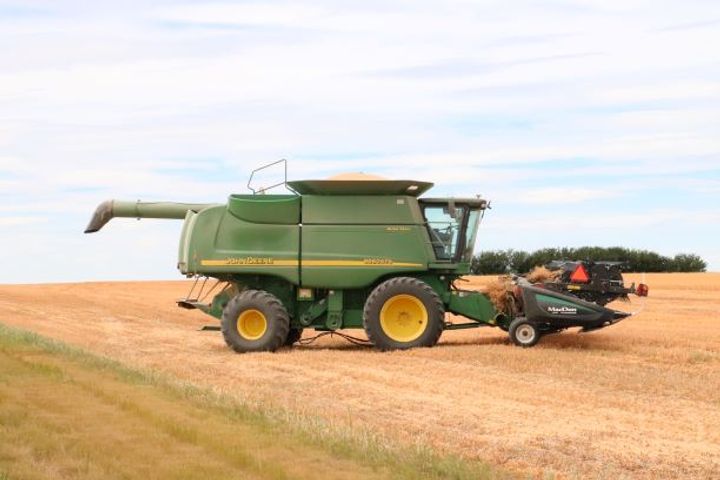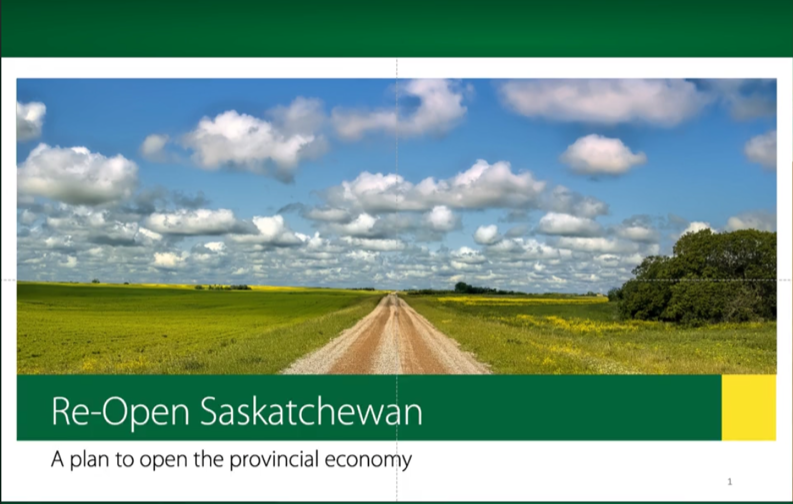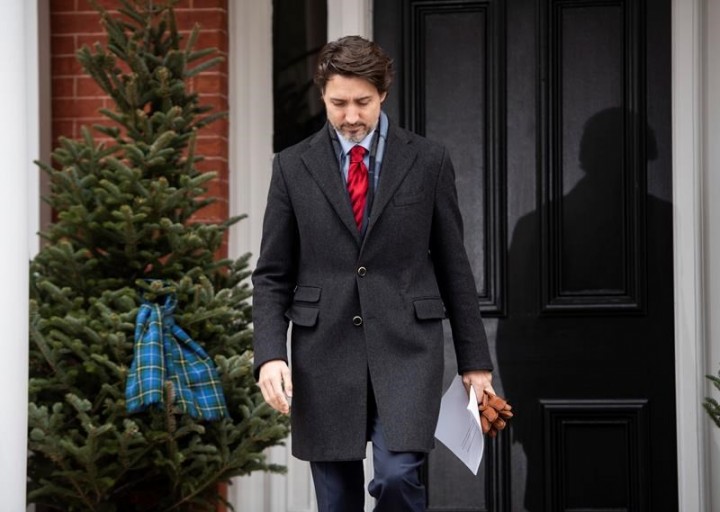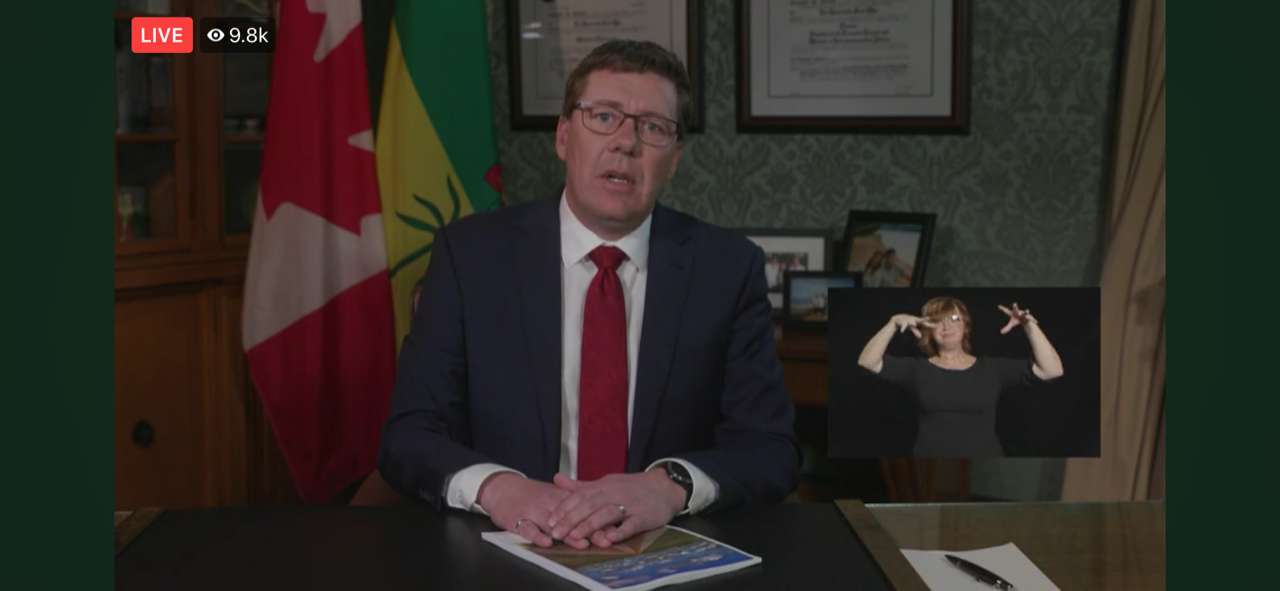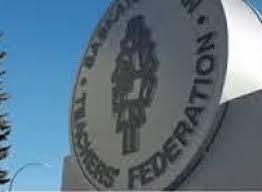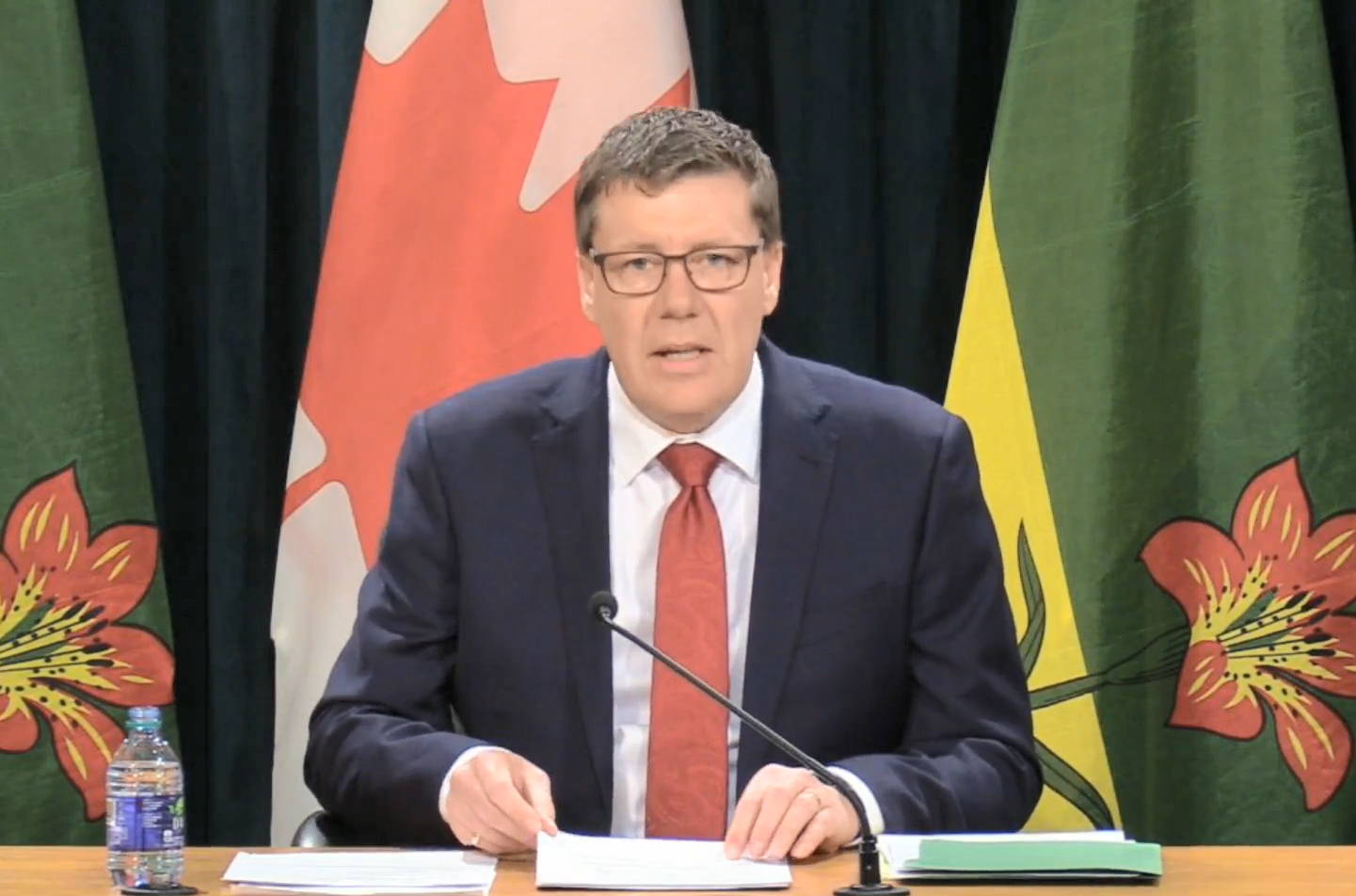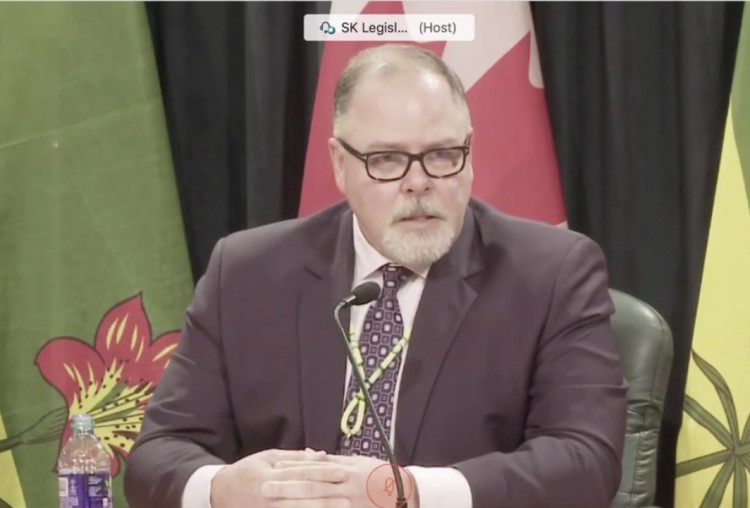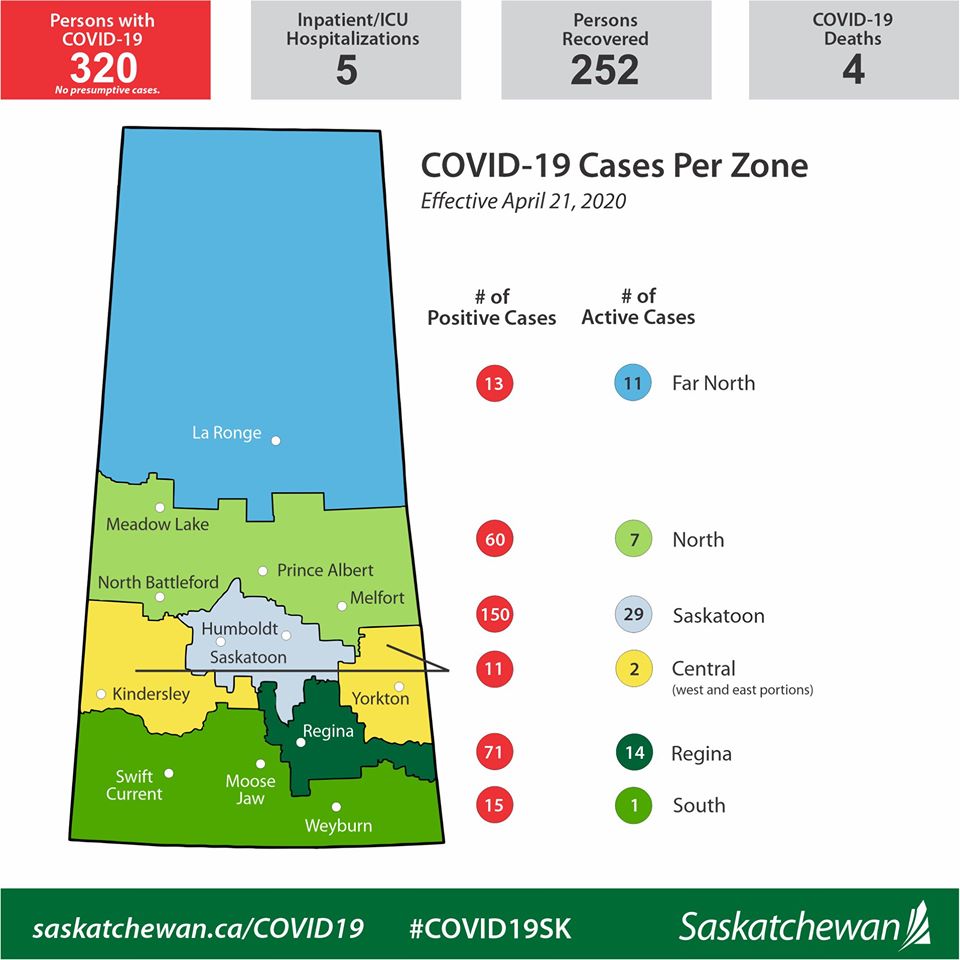Local News
SARM spotlights farmers’ financial strain as canola exports to China grind to a halt
Saskatchewan farmers are sounding the alarm over plummeting canola prices and mounting financial pressure following a sudden halt in exports to China — one of Canada’s largest and most critical markets for the crop. According to the Saskatchewan Association of Rural Municipalities (SARM), not a single shipment of canola seed, oil, or meal has reached China since Ottawa imposed tariffs in response to a trade dispute over electric vehicles earlier this year. The move has prompted retaliatory measures from China, effectively shutting out Canadian canola from the world’s most populous country. A release from SARM states the timing couldn't be worse. With harvest now complete and bins across the province full of unsold canola, producers are entering a critical marketing window with limited options and plummeting prices. “We just finished harvest, but the bins are full and the marketplace is closed off. This is not a good situation for farmers right now,” said SARM President Bill Huber. “We need access to our markets in order to keep farms financially viable.” The trade disruption has already triggered a sharp drop in canola prices, some of the lowest seen in recent years. For many farmers, this means they are unable to generate enough income to cover essential expenses like mortgage payments, crop inputs, and operating loans. SARM is urging the federal government to move quickly to remove trade barriers and restore access to the Chinese market, warning that prolonged inaction will further erode farm incomes and threaten the long-term stability of the province’s canola sector. Although the federal government has yet to signal whether it is considering lifting EV-related tariffs, canola industry leaders, including farmer representatives, met with Prime Minister Mark Carney on September 17 to address the worsening situation. At that meeting, stakeholders emphasized that resolving the export ban would likely require a political resolution, starting with removing the tariffs that sparked the dispute. SARM officials say the issue will be front and centre next week as the organization’s Board and Policy Team travel to Ottawa for a series of meetings, including talks with the Federal Minister of Agriculture. “Our producers cannot afford to wait,” said Huber. “This is not just about one crop or one season — it’s about the future of rural Saskatchewan.”





